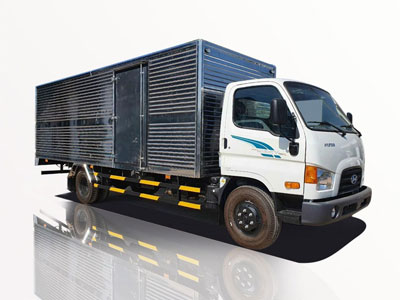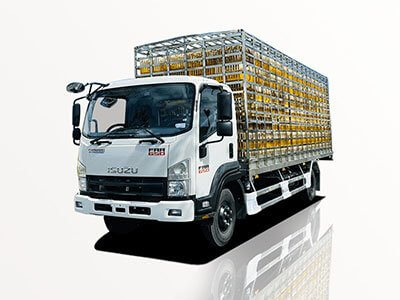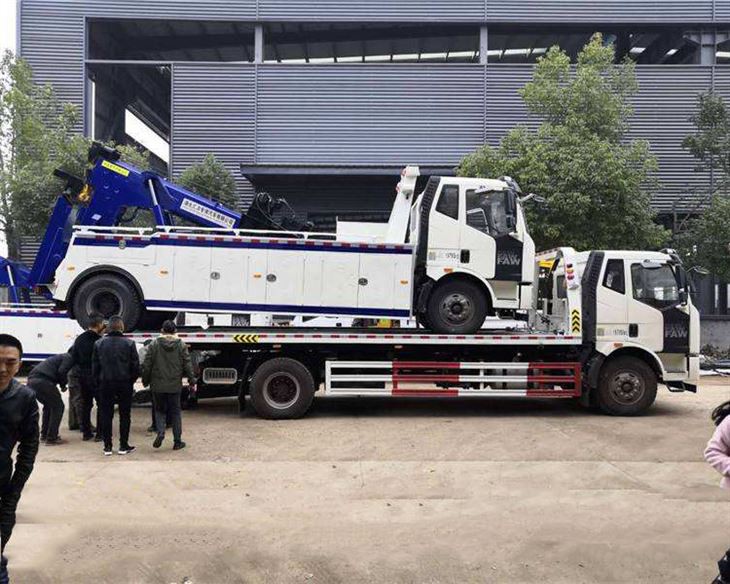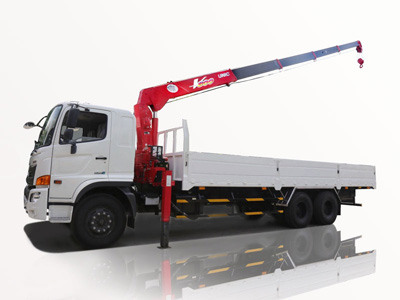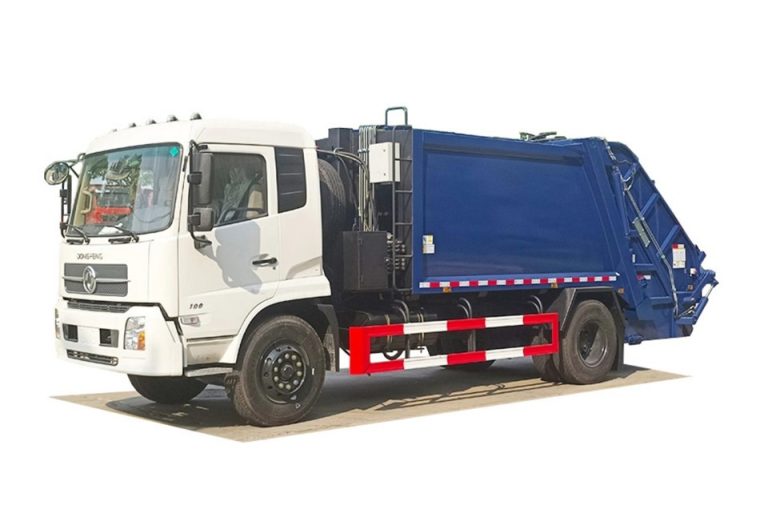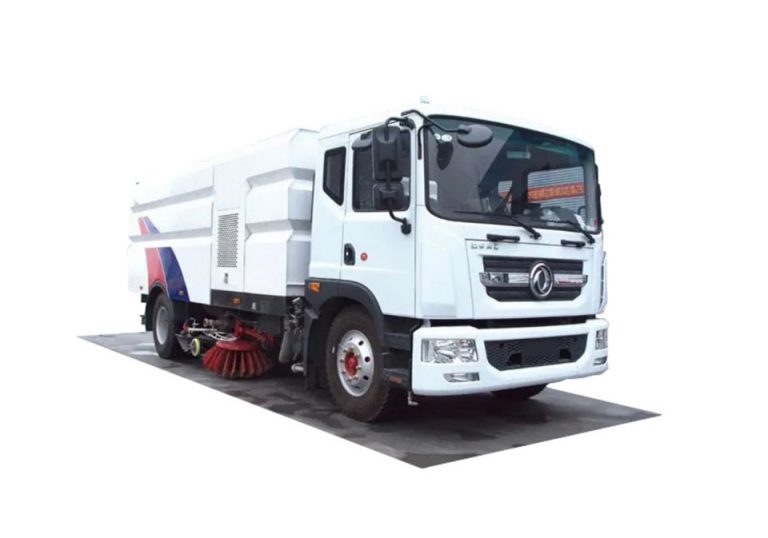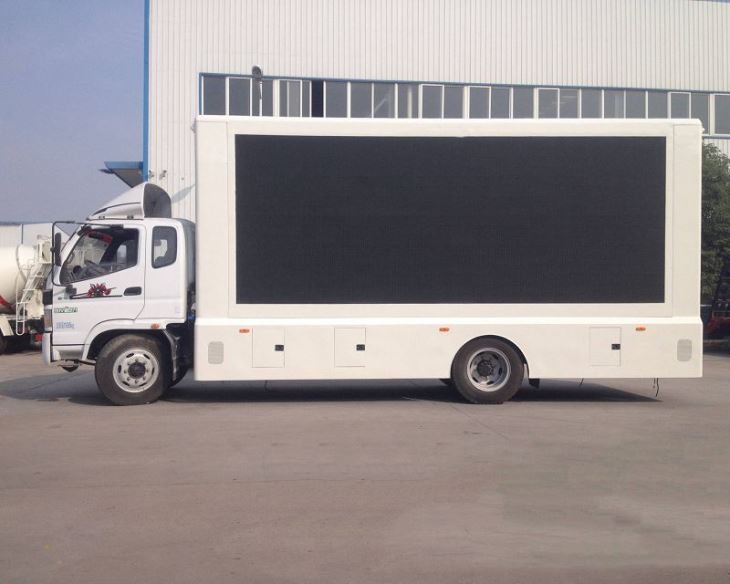Roll off hook trucks have become vital in various industries, streamlining the process of transporting and disposing of waste materials, construction debris, and other heavy loads. This article delves into the functionality, benefits, types, and best practices for roll off hook trucks. With practical examples and tips, we aim to provide you with a thorough understanding of this essential equipment.
What is a Roll Off Hook Truck?
A roll off hook truck is a specialized vehicle designed to transport bulk containers or bins for waste collection, recycling, or construction materials. The unique hook lift system allows for easy loading and unloading of containers, making it ideal for a variety of industries. These trucks can handle loads ranging from 10 to 40 cubic yards, depending on the size of the container.
How Does a Roll Off Hook Truck Work?
The operation of a roll off hook truck revolves around a hydraulic system. Here’s a breakdown of the process:
- The truck backs up to the container.
- The hydraulic system activates the hook, which attaches to the container.
- The driver raises the hook, lifting the container off the ground.
- The container is tilted onto the truck bed, securing it for transportation.
- To unload, the process is reversed, allowing the container to roll off at the desired location.
Types of Roll Off Hook Trucks
Understanding the types of roll off hook trucks available is essential for choosing the right equipment for your needs. Here are the primary types:
Standard Roll Off Hook Trucks
These trucks are equipped with a basic hook lift system and are commonly used in residential and commercial waste removal. They can transport a range of container sizes and are suitable for general use.
Heavy-Duty Roll Off Hook Trucks
Designed for heavier loads, these trucks have reinforced structures and stronger hydraulic systems. They are ideal for construction sites, industrial applications, and other heavy-duty tasks.
Multi-Container Roll Off Hook Trucks
These specialized trucks can carry multiple containers at once, increasing efficiency for businesses that require frequent waste disposal. They are typically used in large-scale operations such as waste management facilities.
Benefits of Using Roll Off Hook Trucks
Using roll off hook trucks provides numerous advantages:
1. Efficiency in Loading and Unloading
The hook lift system allows for quick and safe loading and unloading of containers, reducing downtime on job sites.
2. Versatility
They can transport various materials, including construction debris, scrap metal, and organic waste, making them versatile for different industries.
3. Cost-Effectiveness
By efficiently handling large volumes of waste or materials, businesses can save on labor costs and time, maximizing operational efficiency.
4. Safety Features
Modern roll off hook trucks are equipped with safety mechanisms that prevent accidents during loading and unloading, such as hydraulically controlled stabilizers and smart hitch systems.
Practical Examples of Roll Off Hook Truck Applications
Roll off hook trucks are utilized in various scenarios. Here are practical examples:
Construction Sites
At construction sites, roll off hook trucks transport debris containers filled with concrete, wood, and other materials. They enable quick cleanup, keeping the site safe and organized.
Residential Waste Collection
For residential areas, these trucks can be used to service neighborhoods during large clean-up days, providing containers for residents to fill with yard waste or large unwanted items.
Industrial Facilities
In industrial settings, roll off hook trucks can handle the removal of hazardous waste, ensuring compliance with environmental regulations while maintaining site cleanliness.
Recycling Operations
For recycling companies, these trucks transport bins filled with recyclable materials like plastics, metals, and paper, facilitating efficient processing and recycling.
Choosing the Right Roll Off Hook Truck
Selecting the correct roll off hook truck for your business requires consideration of several factors:
1. Load Capacity
Determine the maximum load you expect to transport. Consider both weight and volume of materials to ensure you choose a truck that can handle your needs.
2. Container Compatibility
Make sure the truck is compatible with the containers you plan to use. Check dimensions and weight limits to avoid issues during operation.
3. Features and Specifications
Look for features that enhance safety, operability, and maintenance. This includes hydraulic system quality, safety features, and ease of use.
4. Budget Considerations
Establish a budget that includes both upfront costs and ongoing maintenance expenses. Evaluate financing options and total cost of ownership.
Maintenance Tips for Roll Off Hook Trucks
1. Regular Inspections
Conduct routine inspections to check for hydraulic leaks, wear on cables, and overall truck condition. Address any issues immediately to prevent larger problems.
2. Lubrication
Regularly lubricate moving parts to reduce friction and wear. Follow the manufacturer’s guidelines for the type and frequency of lubrication.
3. Tire Maintenance
Check tire pressure regularly and inspect for signs of wear. Proper tire maintenance enhances safety and fuel efficiency.
4. Brake System Checks
Ensure that the brake system is functioning effectively. Regularly inspect brake pads, fluids, and connections.
FAQs about Roll Off Hook Trucks
1. What is the average cost of a roll off hook truck?
The cost can vary widely based on size and specifications, typically ranging from $30,000 to $150,000. Additional costs may include custom features and maintenance.
2. How often should I service my roll off hook truck?
It is recommended to service your truck every 6 months or after every 10,000 miles to ensure optimal performance and safety.
3. Can roll off hook trucks handle hazardous materials?
Yes, but specific regulations and guidelines must be followed for transporting hazardous materials. Ensure proper training and compliance with local laws.
4. What is the lifespan of a roll off hook truck?
With proper maintenance, a roll off hook truck can last anywhere from 10 to 15 years, depending on usage and care.
5. Do I need a special license to operate a roll off hook truck?
Yes, operators typically need a Commercial Driver’s License (CDL) to legally operate roll off hook trucks due to their weight and classification.
6. How do I find the right container size for my needs?
Evaluate the volume and type of waste or materials you will be transporting. Common sizes range from 10 to 40 cubic yards, so consider the specific requirements of each project.
Conclusion
Investing in a roll off hook truck can greatly enhance your operational efficiency, whether in construction, waste management, or industrial applications. By understanding the functionality, types, benefits, and maintenance of these trucks, you can make informed decisions that meet your business needs effectively.
